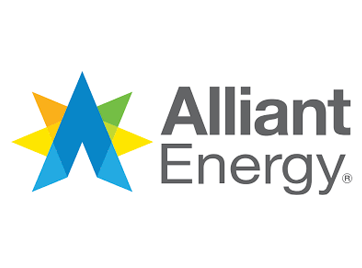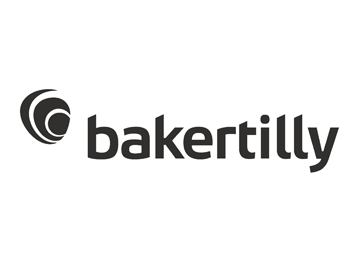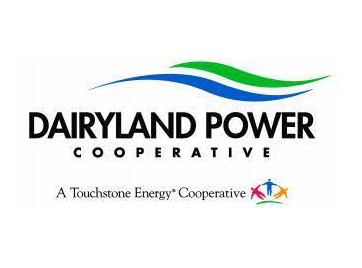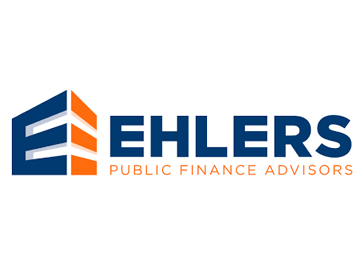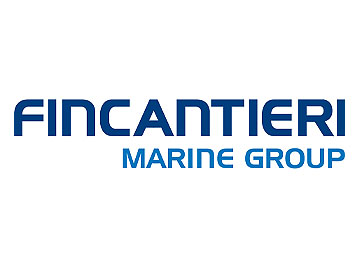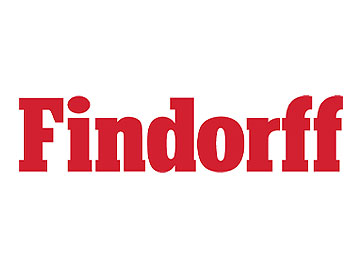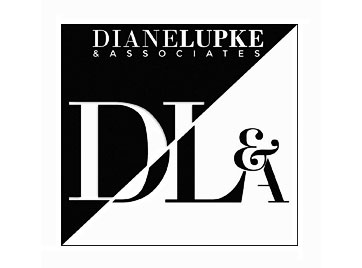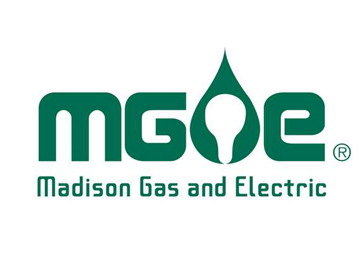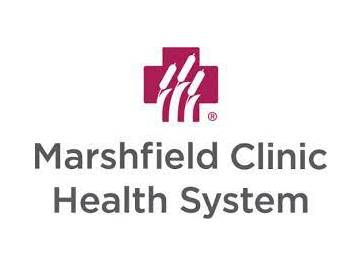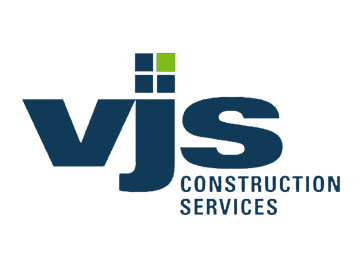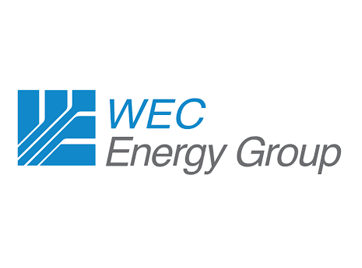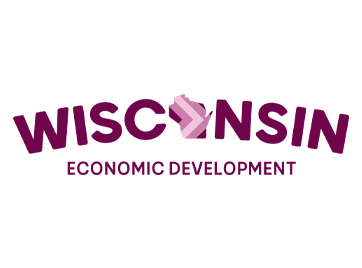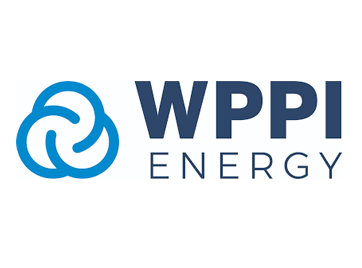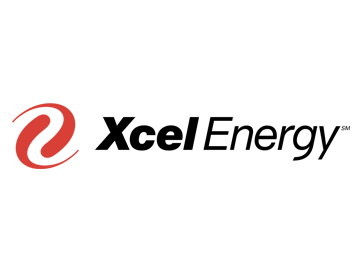Legislature passes $76 billion state budget; Foxconn incentive bill
It’s been a busy month in the State Capitol. In addition to passing the state budget bill, the Republican-controlled Legislature also recently approved the $3 billion Foxconn incentive bill to attract the high-tech electronics manufacturing company to southeast Wisconsin.
Approval of the $76 billion budget bill came after a long, often politically charged impasse. Legislators spent the bulk of the summer trying to find common ground on several major budget issues, including education, taxes and transportation funding. But the stalemate broke earlier this month, as legislators passed and sent the budget to Gov. Scott Walker, who signed it into law on Sept. 21. But before finalizing the budget, Walker used his powerful veto pen to strike a number of provisions, including a partial veto of the Historic Tax Credit (HTC) program. The surprise veto will negatively impact historic rehabilitation projects across the state.
The governor’s original budget proposal, introduced in February, placed an overall annual cap of $10 million on HTC awards. He also proposed tying HTC awards to job creation. After a long, but effective advocacy campaign by WEDA and our strategic partners, state lawmakers, who understand the value of the program, rejected most of the governor’s HTC proposal and passed a final budget that included the following HTC provisions:
- Eliminated the governor’s proposed $10 million overall cap on the program, meaning there is no overall HTC cap.
- Eliminated the governor’s proposal to tie HTC awards to job creation.
- Implemented a $5 million per project cap.
- Maintained the governor’s proposal to require a state HTC claimant that must repay any portion of the federal historic tax credit (for the same project) to repay a proportionate amount of the state credit.
- Prohibited non-profit entities from receiving HTC credits unless specifically approved by the Legislature’s Joint Finance Committee.
The governor left much of the Legislature’s HTC provision intact, but did use his veto authority to lower the HTC per project cap to $500,000 for projects on the same parcel. To read the governor’s veto message on the HTC, click here. It’s important to point out that the $500,000 per project cap will not be in place until July 1, 2018. HTC certifications prior to that date will not be subject to the new cap.
This fall and throughout the current legislative session, WEDA will work with our strategic partners and state lawmakers on legislation to address the governor’s HTC veto and ensure the program remains robust and effective well into the future
In addition to the provisions impacting the HTC, the final budget bill includes the following economic-development related items, listed by issue area, that may be of interest to WEDA members:
Wisconsin Economic Development Corporation
- WEDC Capital Lending Program – Reestablished WEDC’s capital lending program. The provision not only restores WEDC’s lending authority, but eliminates the governor’s proposal to require loans to be funded solely with repayments from exiting loans. The final budget did retain language prohibiting the agency from issuing forgivable loans.
- WEDC Base Funding – Restores WEDC’s base funding, which was cut in the 2015-17 budget bill. The provision restores $6.3 million in the second year of the upcoming budget cycle and every year thereafter.
Infrastructure
- Broadband Expansion Funding – The final budget includes an initiative to increase funding for the state’s broadband expansion grant program. Under the provision, $14 million would be available for broadband expansion grants in 2017-18, as opposed to the $1.5 million that is available under current law. In addition, funding for the program will be ongoing and would be set at a minimum of $2 million per year. The provision would also make several changes to the eligibility criteria for broadband expansion grants:
- Gives priority to projects that promote economic development.
- Gives priority to projects that affect underserved areas of the state.
- Takes into consideration the degree to which projects would duplicate existing broadband infrastructure
- Transportation – The final budget bill includes the following transportation-related items:
- Provides $402 million in new borrowing for transportation projects over the next two years.
- Delays the following Milwaukee mega-projects: The north leg of the Zoo Interchange and I-94 between the Zoo and Marquette interchanges. Numerous other projects throughout the state would also be delayed.
- Creates a new fee of $100 on electric cars and $75 on hybrid vehicles, which would generate $8.4 million over the two-year budget cycle.
- Eliminates 200 WI Department of Transportation jobs over the budget biennium, saving $13 million.
- Prohibits Milwaukee from using tax incremental financing to pay for the operation of its proposed downtown streetcar.
- Eliminates the state’s prevailing wage law for state highway and building projects.
Workforce Development
- Career and Technical Education (CTE) Incentive Grant Program – The final budget includes a $1 million funding increase for the CTE Incentive Grant program over the 2017-19 biennium.
- Fast Forward Program – The final budget bill increases funding for Fast Forward grants by $11.5 million. The new funding will go toward additional workforce training programs, such as apprenticeships and internship programs.
Taxes
- The budget bill includes the following tax-related items:
- Eliminates the governor’s $200 million income tax cut proposal.
- Deletes the governor’s plan to implement a back-to-school sales tax holiday.
- Eliminates the personal property tax on certain business equipment, including machinery and tools not considered manufacturing property. The provision would cost the state $75 million annually in payments to local governments to replace the lost property tax revenue.
- Repeals the alternative minimum tax, resulting in a roughly $7 million tax cut for affected taxpayers.
If you have any questions or would like more information on the state budget bill or the Foxconn incentive bill, please contact the WEDA office at weda@weda.org


